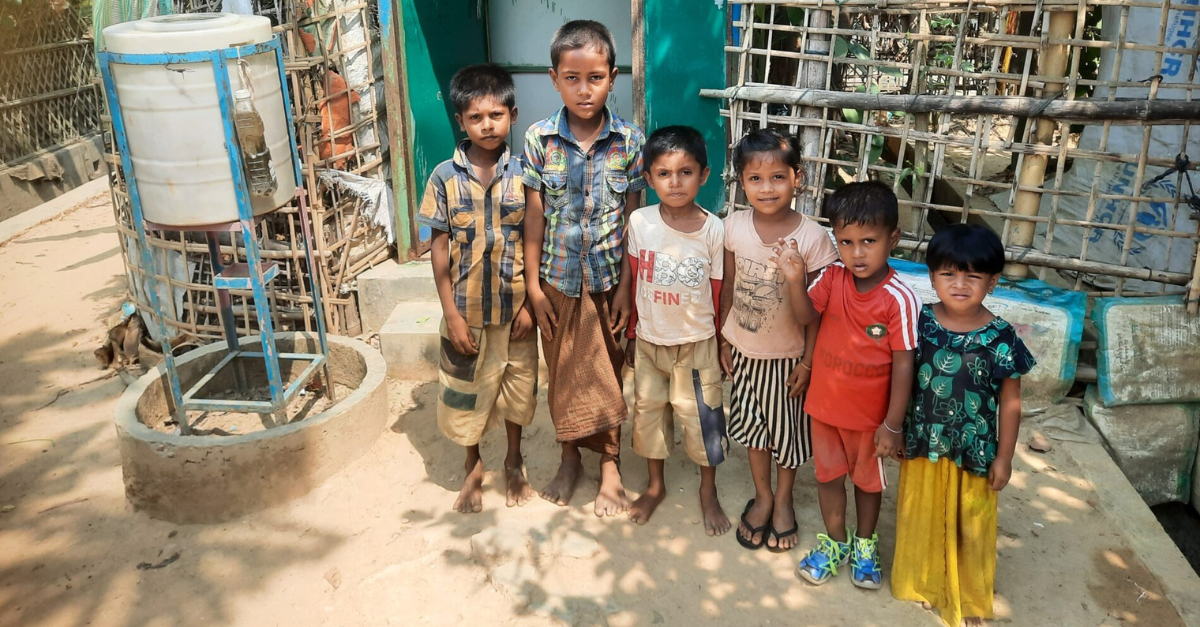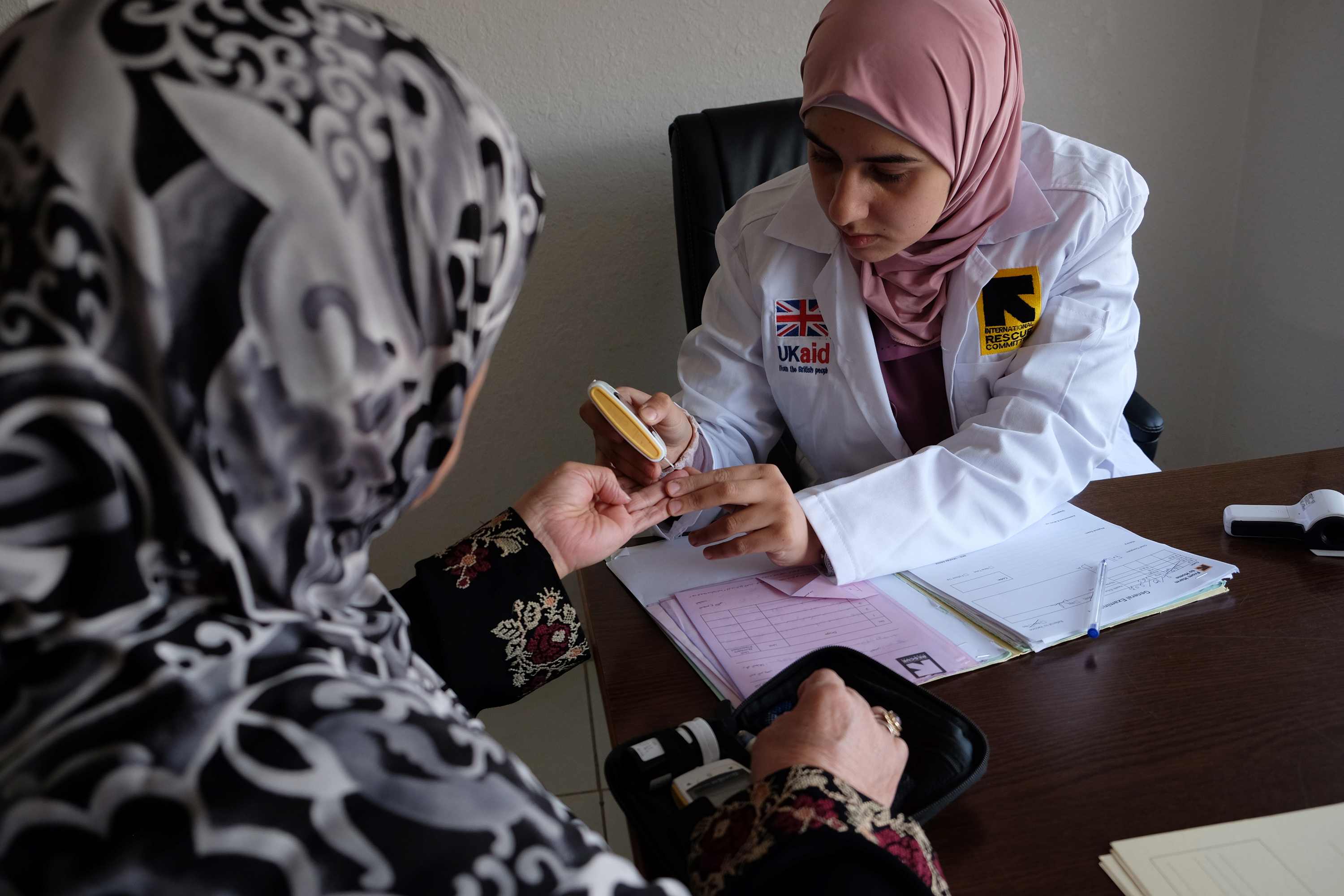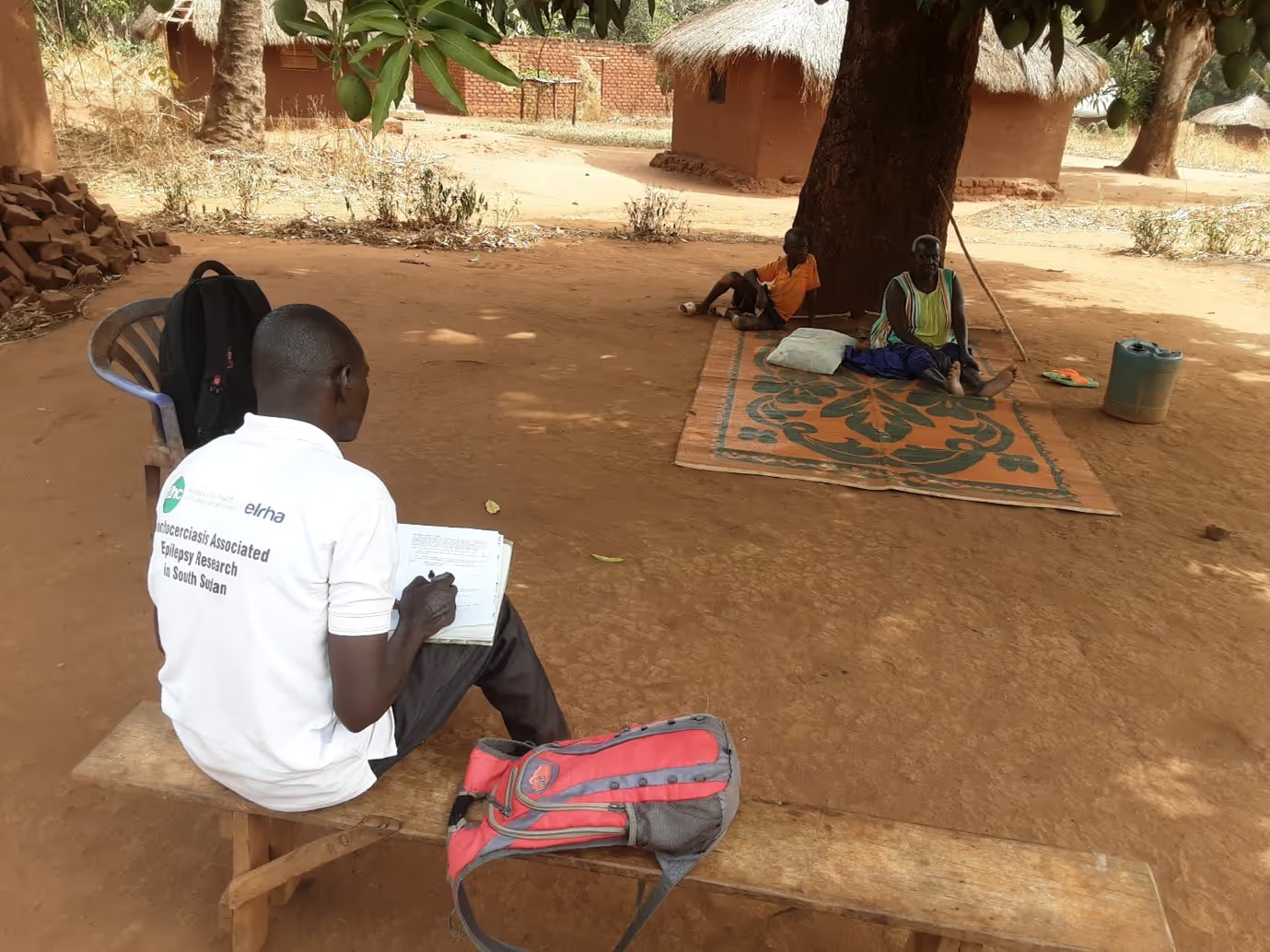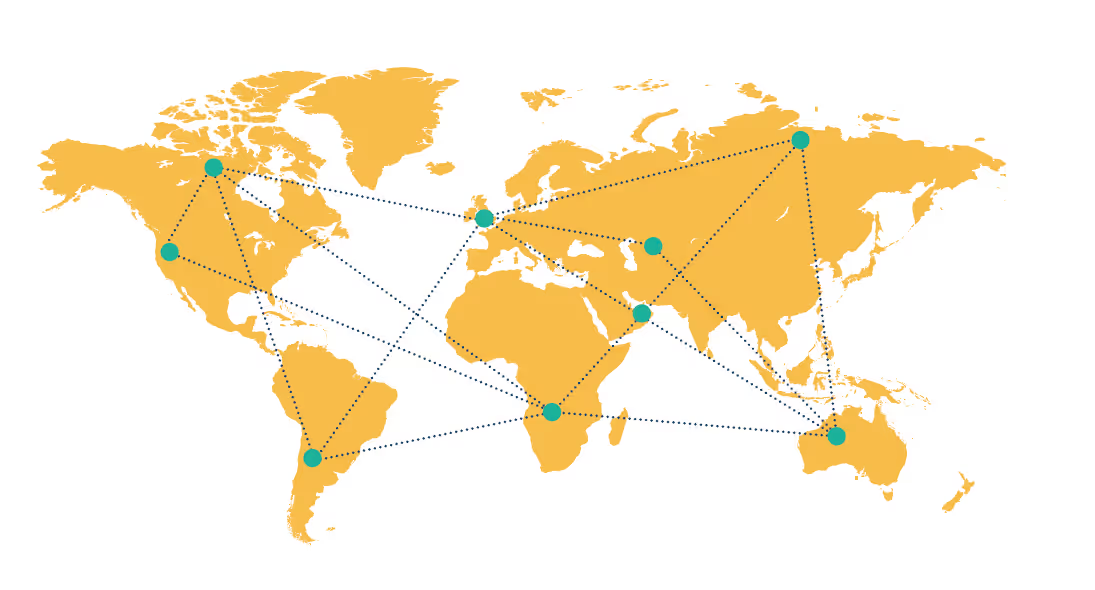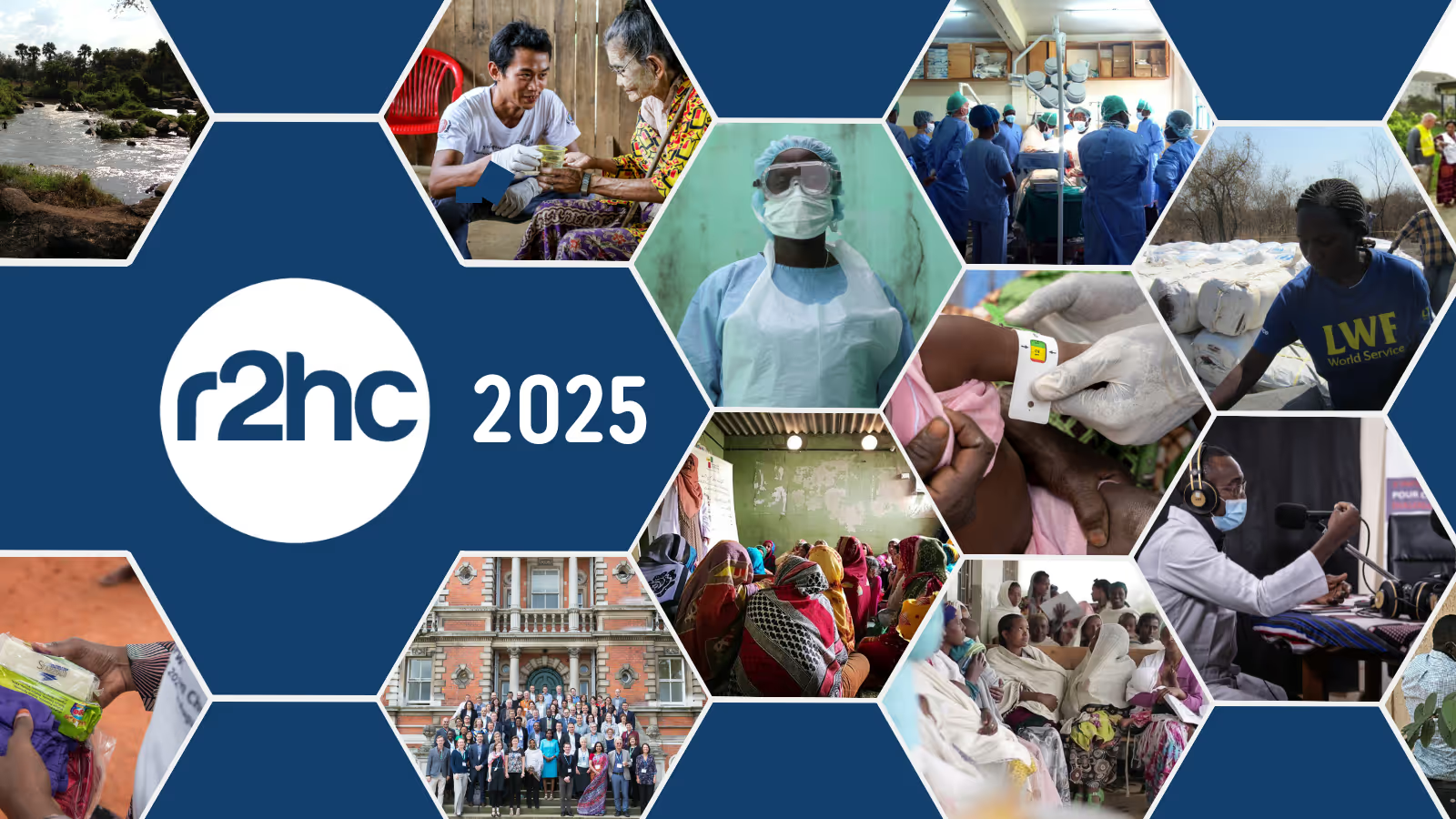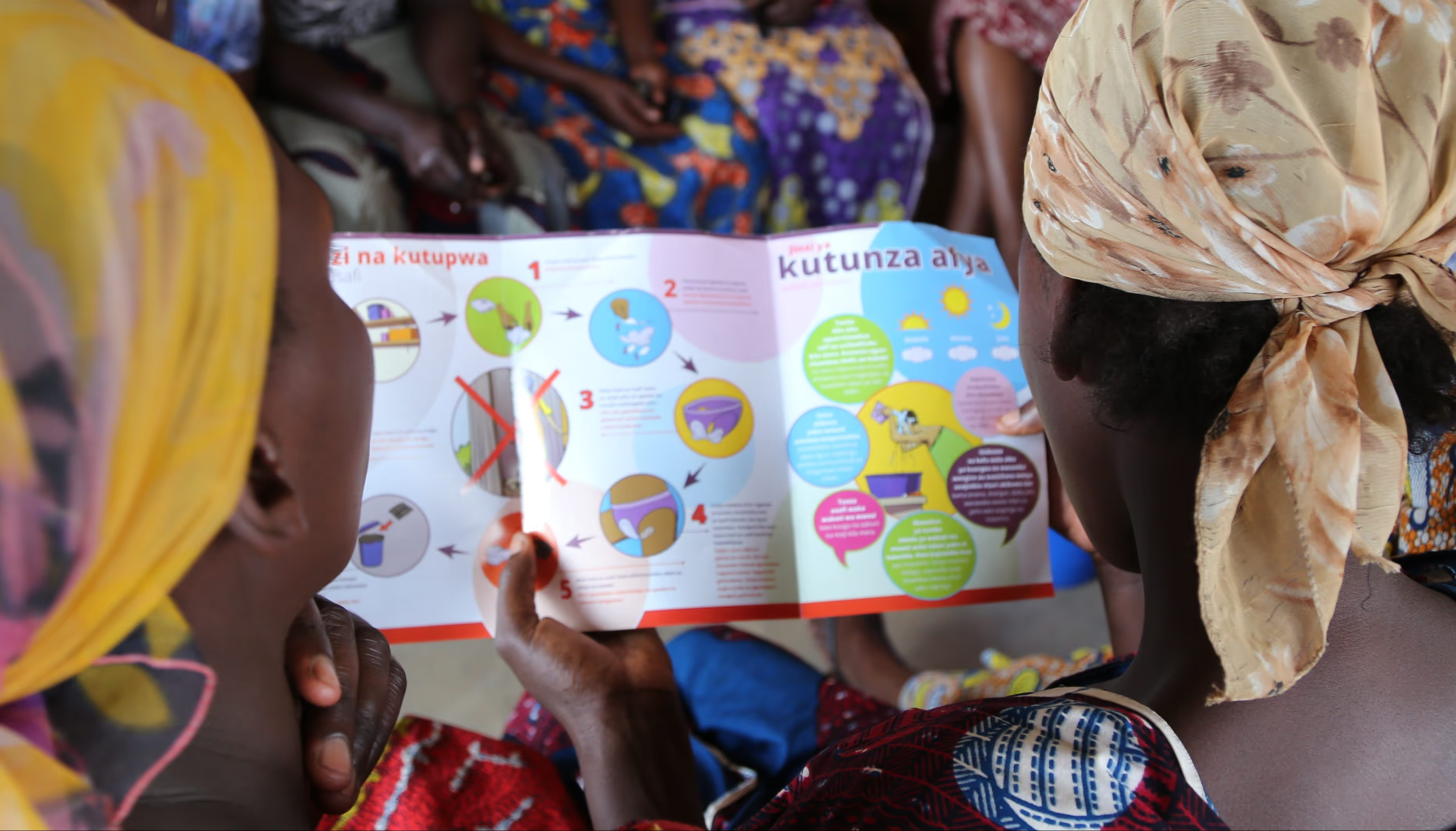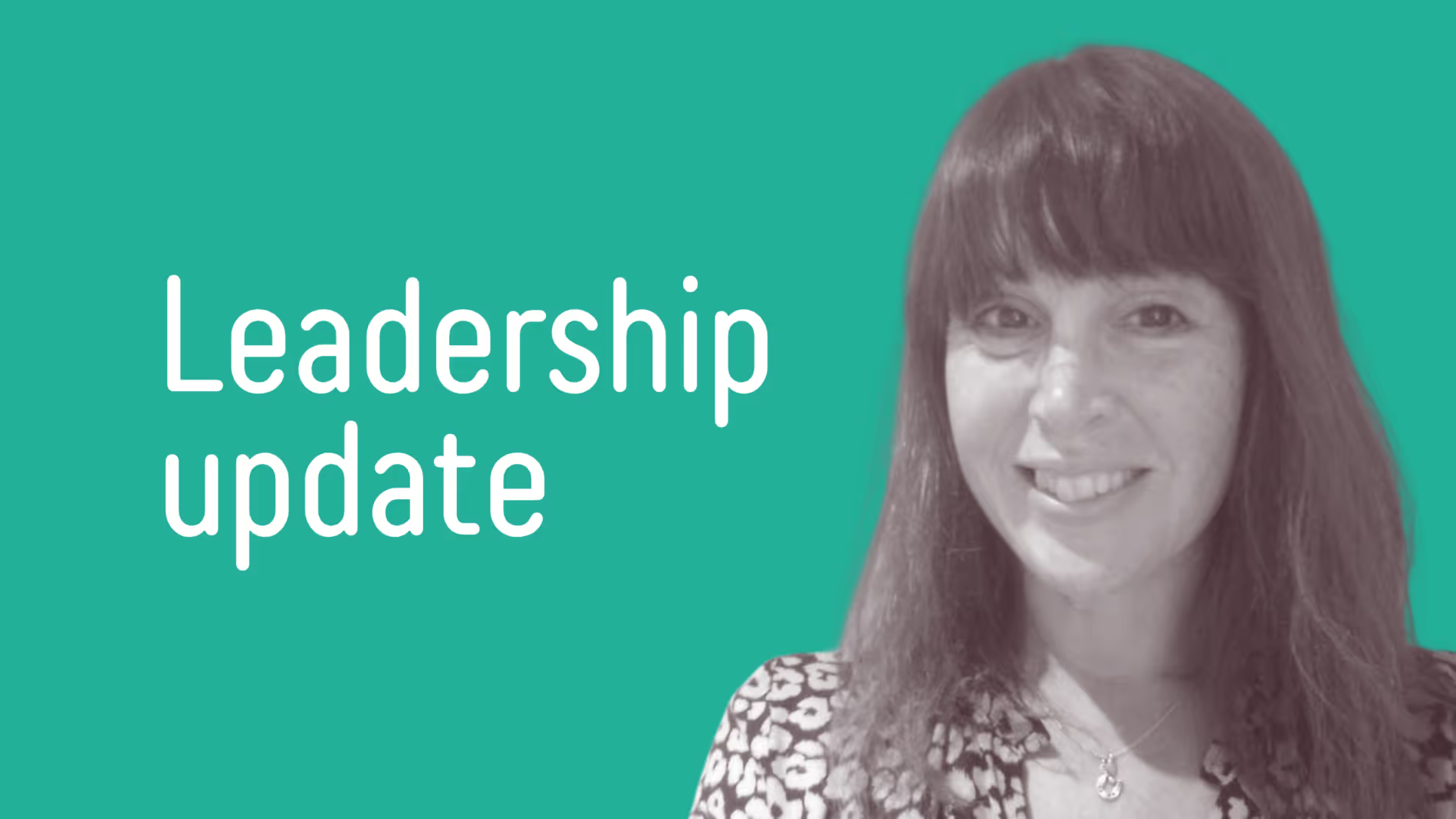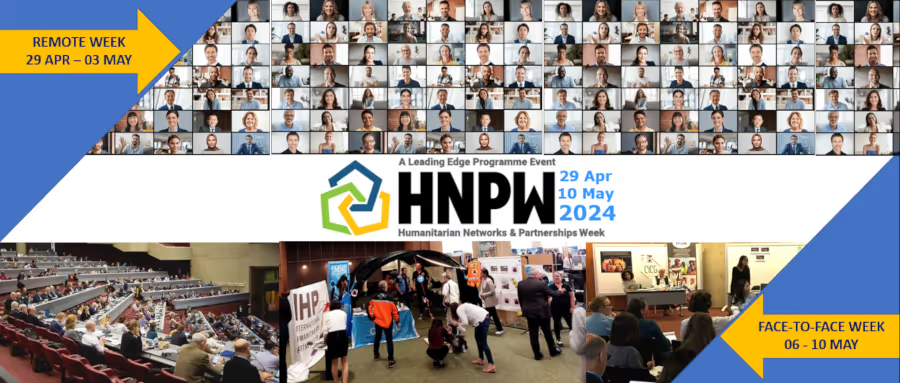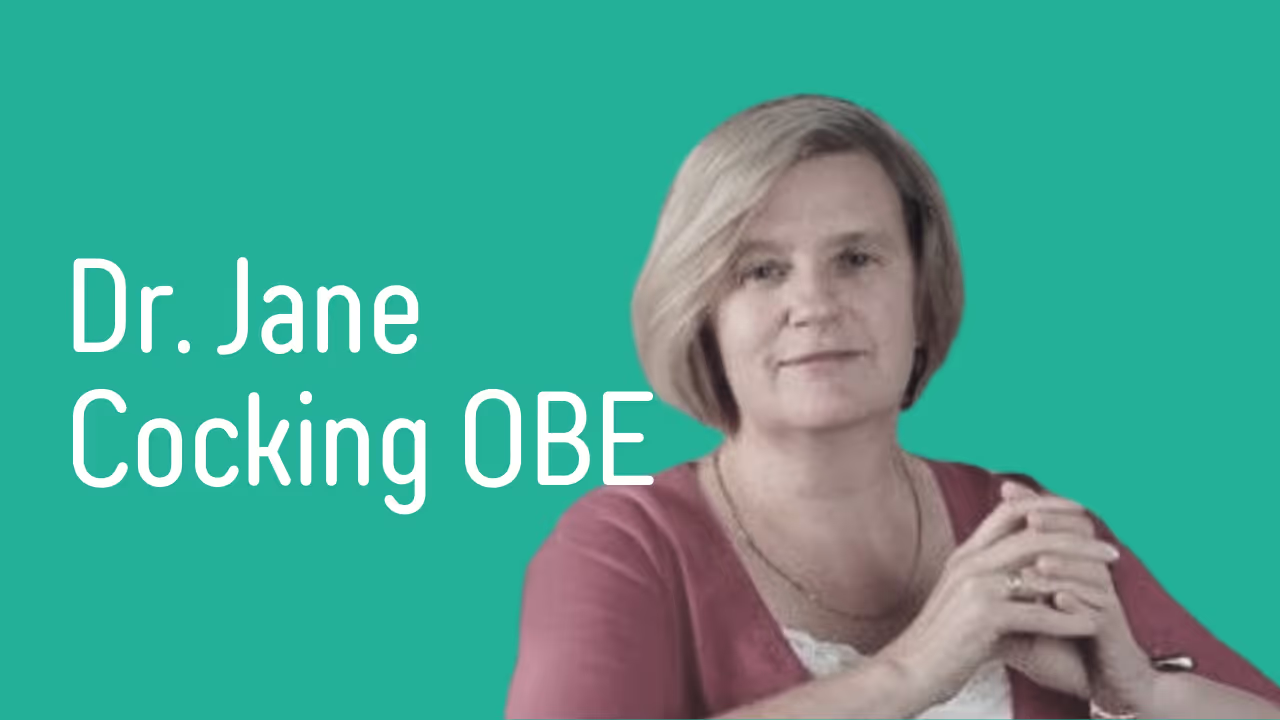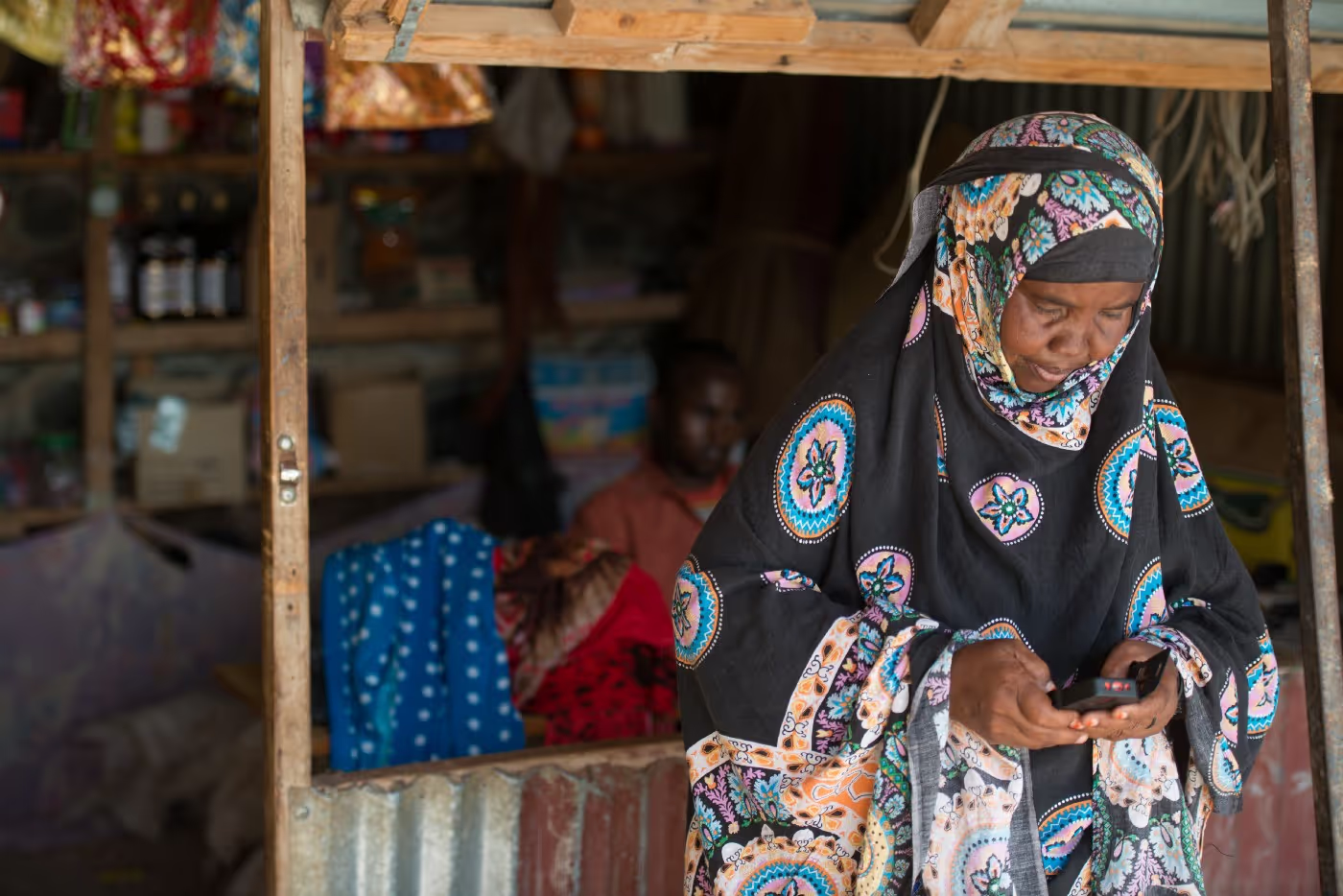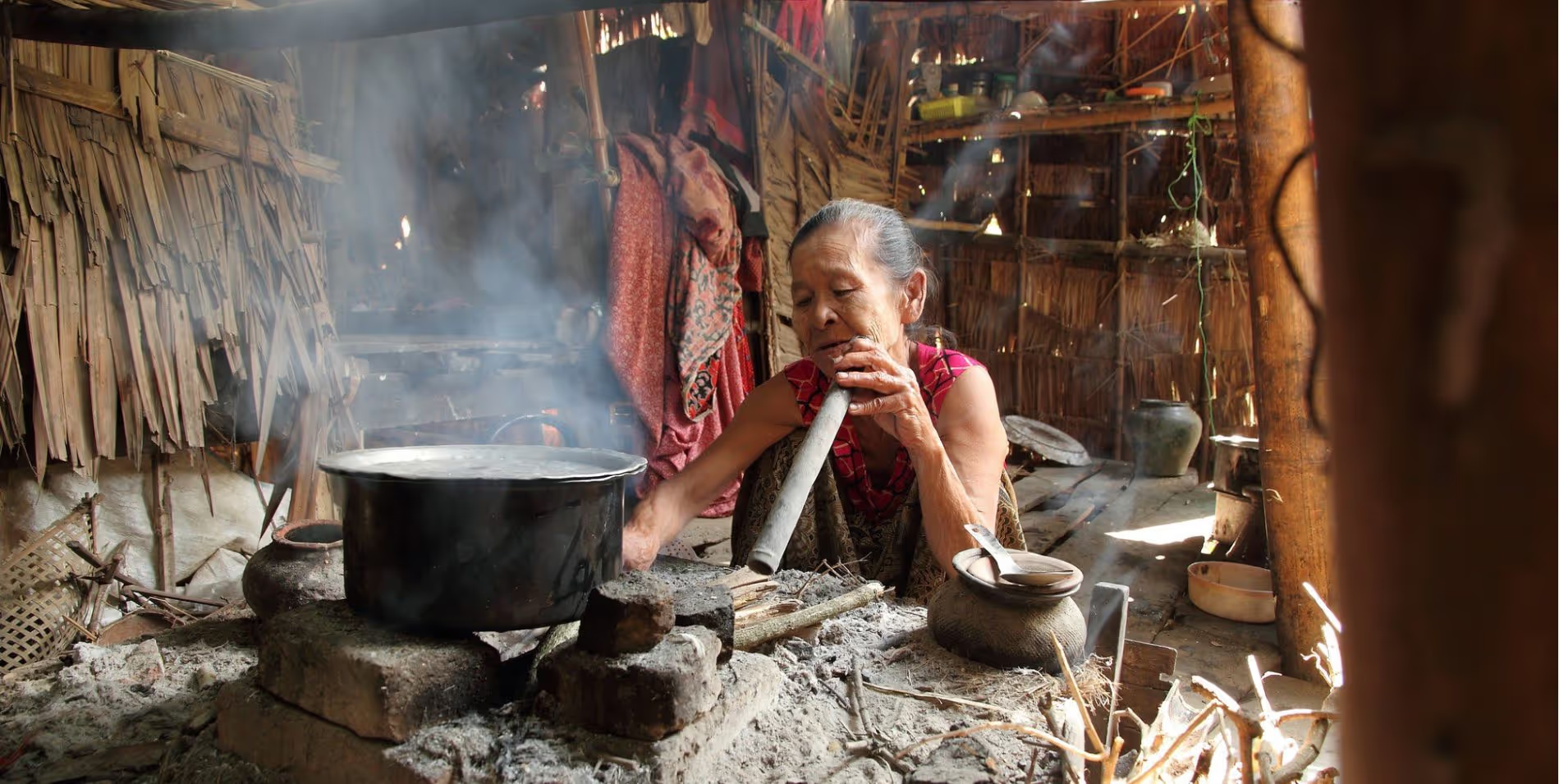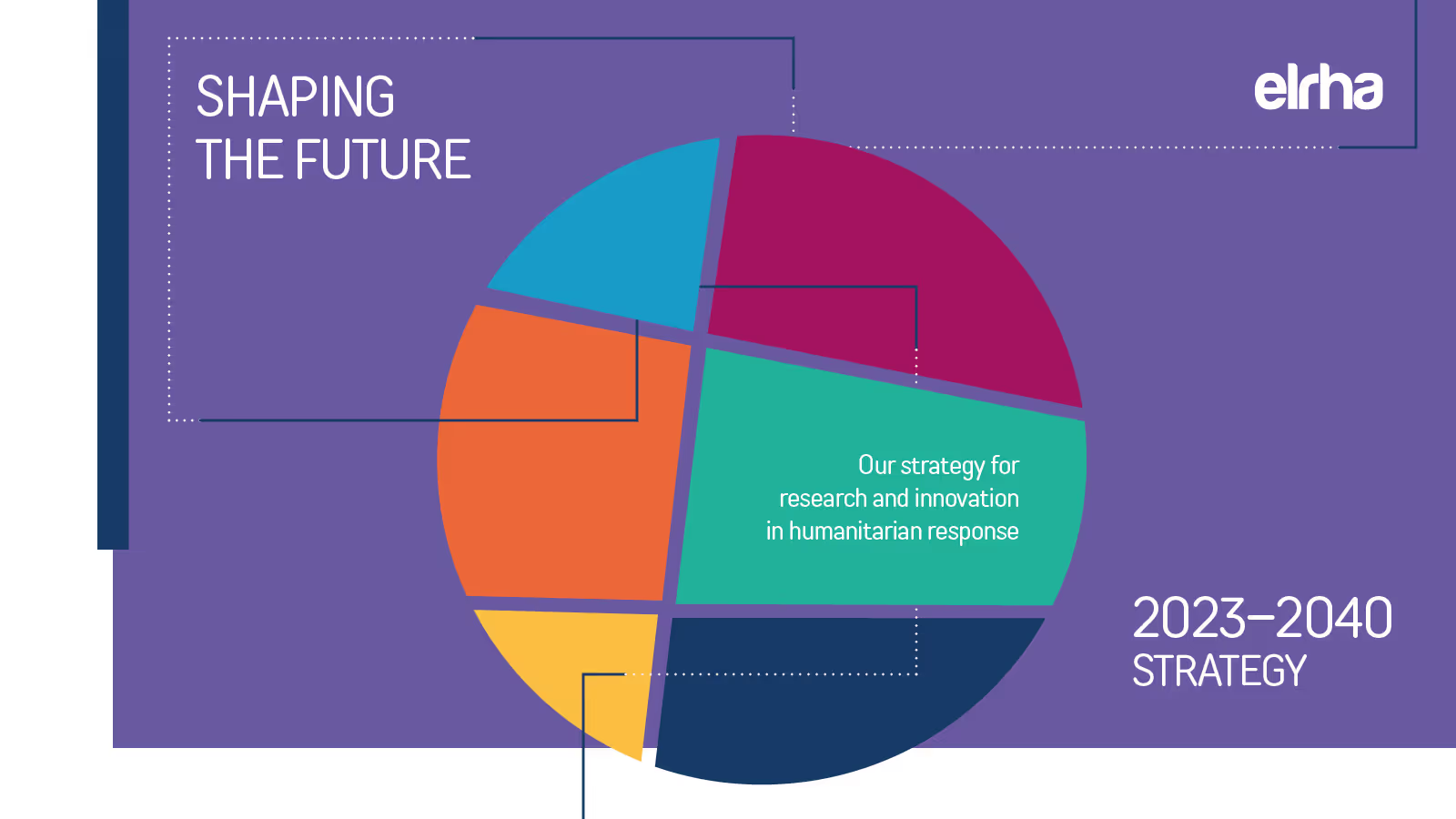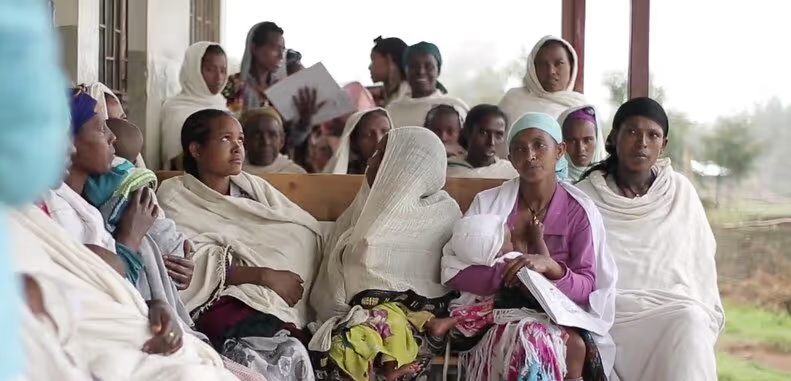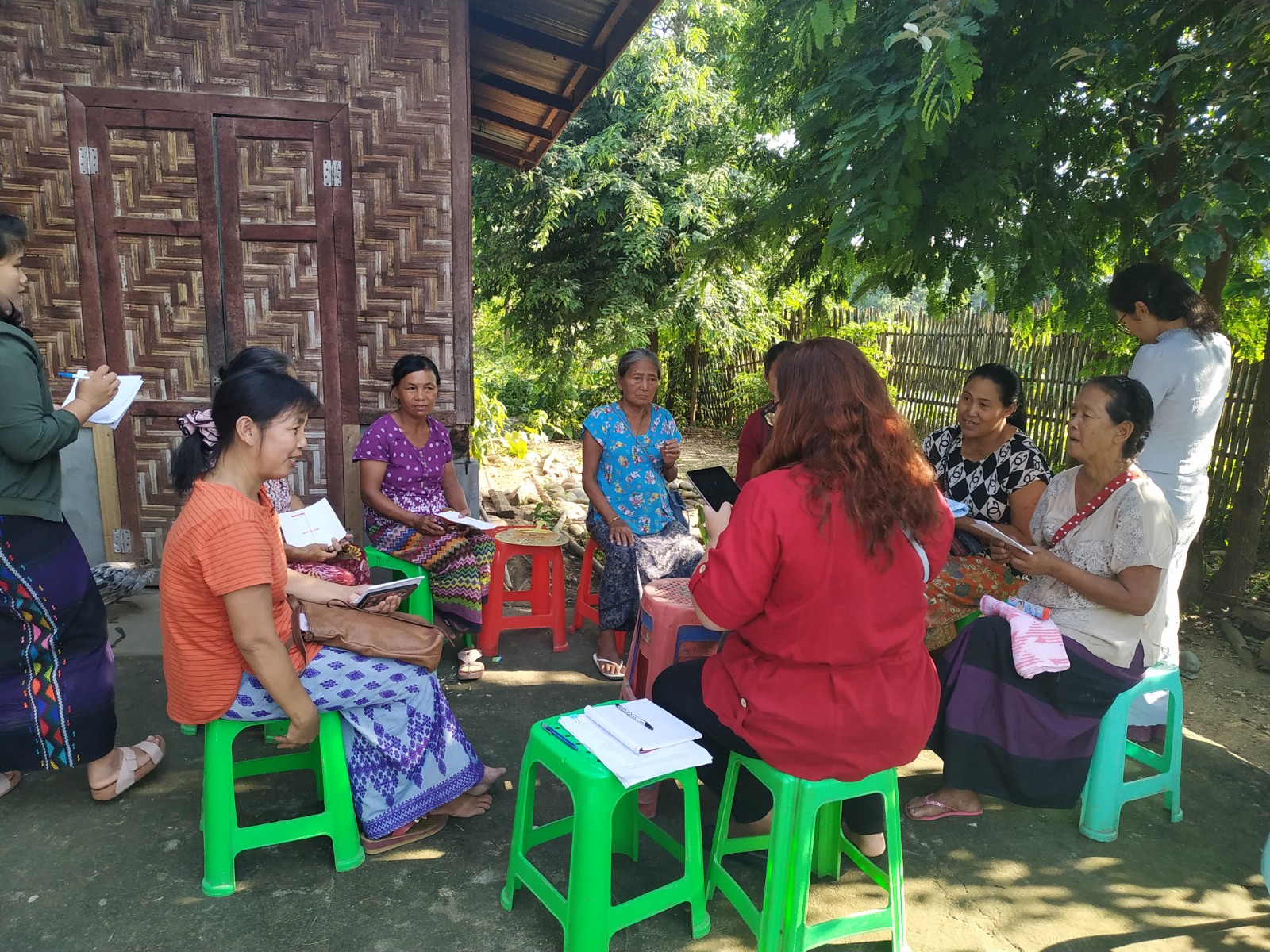Humanitarian research and innovation news
Here you’ll find the latest updates from our programmes, our organisation and across the sector.
Explore news
Use the search bar below to explore our latest updates by keyword. You can also apply filters to narrow results by focus area, year, and area of funding. Results will update as you search and filter.
Stay up to date!
Sign up to our newsletters to receive regular updates on the latest news, resources, and funding opportunities in humanitarian research and innovations.
1. Teacher during lesson in Idlib, Syria - Photo by Akhem Akacha on Pexels.
Explore Elrha
Learn more about Elrha’s mission, the organizations we support, and the resources we provide to drive innovation in humanitarian response.
